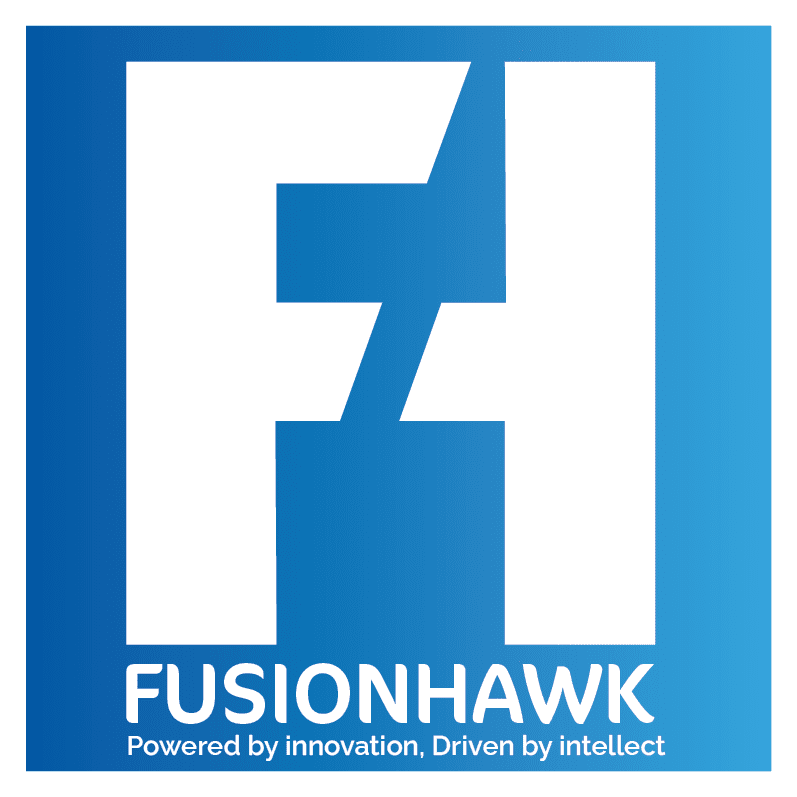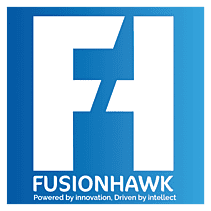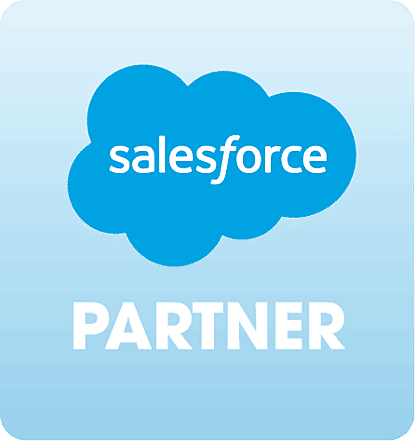Transforming Business Intelligence with Salesforce-Powered Predictive Analytics
Transforming Business Intelligence with Salesforce-Powered Predictive Analytics
As data-driven decision-making becomes essential for businesses, Tableau AI has emerged as a powerful tool for generating actionable insights. Since its integration with Salesforce’s Einstein AI, Tableau is now more than a data visualization platform—it’s a comprehensive business intelligence solution offering predictive analytics and AI-powered automation. With these advancements, businesses can make faster, smarter decisions based on data insights that are both accessible and highly relevant to each team’s needs.
In this post, we’ll explore why Tableau AI is trending, how Salesforce-powered AI features like Einstein Discovery are enhancing data analytics, and how organizations can leverage Tableau AI to transform their data strategies.
1. The Salesforce and Tableau Integration: Redefining Data-Driven Insights
Salesforce’s acquisition of Tableau brought together two powerful platforms with a shared mission: to make data-driven insights accessible to everyone. By embedding Salesforce Einstein’s AI capabilities into Tableau, the platform now enables users across all departments to benefit from predictive analytics without needing a background in data science.
One of the standout features from this integration is Tableau Einstein Discovery. This tool allows users to embed predictive models directly within Tableau dashboards, offering AI-driven insights that enhance strategic planning. With Tableau AI, businesses can now go beyond traditional data visualization to proactively identify trends, optimize strategies, and respond more effectively to market changes.
2. Key Features That Make Tableau AI a Must-Have for Business Intelligence
Tableau AI includes several innovative features that make it more than a standard analytics tool. Here are some of the most notable:
- Ask Data: Using natural language processing in Tableau, Ask Data allows users to query their data conversationally. Users simply type questions like, “What are our top-performing products this year?” or “Show me customer satisfaction by region.” This AI-driven feature democratizes data access, enabling users at any skill level to interact with data seamlessly.
- Explain Data: Explain Data leverages Salesforce’s AI technology to analyze anomalies and identify patterns, providing instant statistical explanations for outliers or unexpected values. For example, if a sales spike is detected in a specific region, Explain Data can help determine the cause—whether it’s a marketing campaign, product launch, or external factor. This feature simplifies the analytical process, enabling users to understand trends and make data-backed decisions without needing deep statistical expertise.
- Predictive Modeling: With predictive modeling integrated directly into Tableau, users can anticipate future trends and make proactive decisions. Predictive models offer insights like customer churn rates, seasonal demand forecasts, and revenue predictions. For sectors such as finance, healthcare, and retail, where anticipating trends is critical, predictive modeling in Tableau enables more strategic decision-making.
- Tableau Einstein Discovery: Perhaps the most powerful feature of Salesforce Tableau AI, Einstein Discovery allows users to build and apply predictive models directly in Tableau, creating insights that were previously only available to data scientists. With this capability, businesses can uncover patterns, optimize resource allocation, and make real-time adjustments based on AI-driven predictions, making it a highly valuable tool for strategic planning.
3. How Tableau AI Is Empowering Business Users with Data-Driven Decision Making
Tableau AI, powered by Salesforce, is not just a technical upgrade but a fundamental shift in how businesses approach data analytics. Here’s how it’s empowering companies to make smarter, data-driven decisions:
- Speed to Insight: Traditional analytics methods require extensive data preparation and analysis. With Salesforce-powered AI, users can bypass many manual steps, reaching actionable insights faster. Ask Data and Explain Data reduce reliance on complex queries, enabling anyone in the organization to derive insights and make informed decisions in minutes rather than days.
- Enhanced Accessibility for Non-Technical Users: With natural language processing and automatic data explanations, Tableau AI democratizes data by making it accessible to non-technical users across the organization. This accessibility means that marketing teams, sales departments, and operations can all engage with data directly, reducing dependence on data specialists and empowering each team to act on relevant insights.
- Robust Predictive Capabilities: Predictive analytics has become essential for forward-thinking business strategies. With predictive modeling in Tableau, businesses can anticipate trends, monitor potential risks, and optimize strategies based on reliable data projections. This capability is particularly valuable in fast-paced industries like retail and finance, where proactive responses can directly impact performance.
4. Real-World Applications of Tableau AI
Tableau AI’s Salesforce-driven features are proving valuable across various industries, from retail to healthcare. Here are a few real-world applications that highlight its impact:
- Retail: Retailers use predictive modeling to optimize inventory, set competitive pricing, and personalize customer experiences. Ask Data allows retail managers to quickly analyze product performance by region or adjust strategies based on customer behavior trends.
- Healthcare: Healthcare providers use Tableau AI to analyze patient data, manage resources, and improve patient outcomes. Predictive analytics helps anticipate patient needs, allocate resources, and enhance service delivery. For instance, Einstein Discovery can help providers identify high-risk patients and allocate resources accordingly.
- Finance: Financial institutions leverage Tableau AI for risk assessment and investment strategy. By embedding Einstein Discovery into dashboards, finance teams can model market trends, assess high-risk investments, and make proactive adjustments based on data insights, enhancing overall financial strategy.
- Marketing: Marketing teams benefit from predictive analytics in Tableau to analyze campaign performance, predict customer lifetime value, and optimize targeting strategies. Explain Data helps marketers understand anomalies—such as sudden increases in engagement—and provides insights into customer preferences and trends.
5. Challenges and Considerations in Implementing Tableau AI
While Tableau AI offers significant advantages, there are a few considerations to keep in mind:
- Data Privacy: With increased AI-driven insights, responsible data management is essential. Salesforce Tableau AI users should ensure compliance with data privacy regulations, such as GDPR, as predictive models often rely on large datasets.
- Data Quality and Model Accuracy: The accuracy of AI models in Tableau depends heavily on data quality. Ensuring clean, accurate data is crucial for generating reliable predictions and insights. Poor data quality can lead to misinterpretations, making data preparation an essential step.
- Model Limitations: While AI-driven predictions are valuable, they are not infallible. It’s essential for Tableau AI users to view predictive insights as guidance rather than guarantees. Regular model evaluation and adjustments will help ensure that insights remain accurate and relevant over time.
6. The Future of Tableau AI and Data Analytics
With Salesforce continuing to invest in AI-powered advancements, the future of Tableau AI is promising. Here are a few trends to watch for:
- More Sophisticated Machine Learning Models: As AI technology advances, Tableau is likely to integrate more complex machine learning models, offering users deeper insights and higher accuracy.
- Expanded Predictive and Prescriptive Capabilities: Tableau AI is expected to incorporate more prescriptive analytics, enabling users to simulate scenarios and recommend optimal courses of action.
- Automation of Analytics Processes: Greater automation will simplify data preparation, analysis, and reporting, freeing up users to focus more on strategic decisions.
- Customizable AI Models: Future advancements may allow users to build and deploy custom AI models within Tableau, tailoring AI insights to their industry-specific needs and challenges.
Conclusion: Leveraging Salesforce-Powered Tableau AI for Competitive Advantage
Incorporating Salesforce-powered AI into Tableau has unlocked a new level of business intelligence, making predictive analytics and data-driven insights accessible to a broader range of users. As businesses continue to adopt AI-driven strategies, Tableau AI positions itself as an invaluable tool for making faster, smarter, and more impactful decisions. Whether you’re in retail, finance, healthcare, or marketing, embracing Tableau AI can elevate your organization’s data strategy and drive better outcomes.
For companies looking to implement and maximize Tableau AI, Fusionhawk, an Salesforce partner in India, offers comprehensive support. Partnering with experts can help businesses unlock the full potential of Salesforce’s AI capabilities in Tableau and take their data-driven initiatives to the next level.









